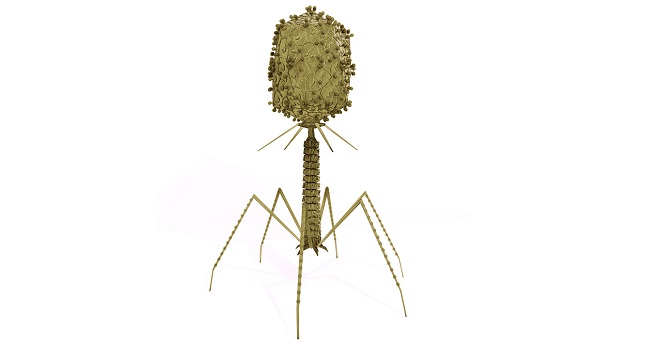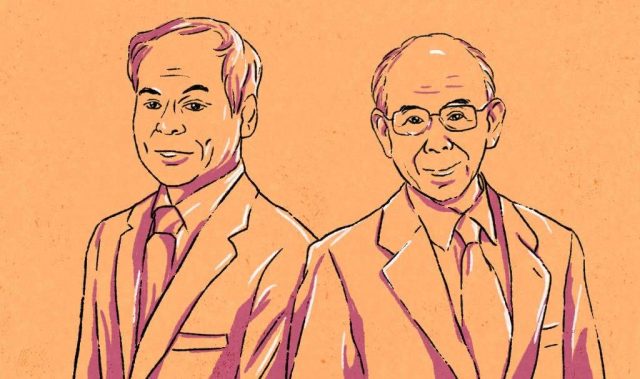
AsianScientist (Apr. 4, 2015) – At the Tsukiji fish market in Tokyo, a great scientific hero is stirring. This wide-eyed, rotund and somewhat prickly character has transformed our understanding of human genetics, collaborated with Nobel Laureates, besides also making a famously good dish of sashimi.
That’s right, step aside Einstein, Darwin and Galileo—this preeminent pioneer is a fish. Also known as fugu, the poisonous pufferfish is one of many model organisms used by scientists to understand biological phenomena such as development, genetics and disease.
But what makes a good model organism? Some of them have particular experimental advantages, such as a small genome or tractable embryos, and are usually broadly representative of a particular species. However, a basic necessity is strikingly similar to what makes pests so vexing—they are unfussy, prolific breeders. In fact, the most highly coveted include some of the least popular life on the planet.
Asian scientist Magazine brings you the motley crew that has pioneered discovery in the 21st century. Take a deep bow to these biomedical heroes, ladies and gentlemen.
——
#1 THE VIRUS – Bacteriophage T4
This sinister virus’ name means “bacteria, to devour” in Greek. Bacteriophage T4 enslaves bacteria, instructing them to make more copies of itself, before exploding out of its bacterial hosts. At first glance it resembles a spider, with a head, body and sprawling legs (tail fibers). Bacteriophage T4 has piqued the interest of no less than six Nobel Prize winners, making history in 1961 with a famous experiment led by Francis Crick, Sydney Brenner and colleagues. By mutating one phage gene, they proved that the correct number of letters of the genetic code that corresponds to an amino acid is three.













